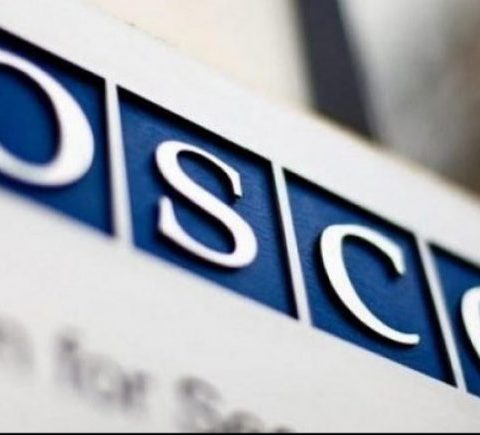SPAK Summons Deputy Prime Minister Balluku
A Major Test for Albania’s Anti-Corruption Drive
Tirana, October 27, 2025 .The Special Anti-Corruption Prosecutor’s Office (SPAK) has officially summoned Deputy Prime Minister and Minister of Infrastructure and Energy Belinda Balluku for questioning, marking one of the most politically sensitive moments in Albania’s ongoing anti-corruption campaign. The summonssigned by prosecutor Dritan Prençi requires Balluku to appear with legal counsel, an indication that she may be treated as a suspect rather than a witness.
The case, which reportedly stems from investigations into corruption and abuse of office, places one of the most powerful figures in Prime Minister Edi Rama’s cabinet directly under scrutiny. Balluku, widely regarded as Rama’s most trusted lieutenant and the second most influential member of government, now joins a growing list of current and former high-ranking officials facing SPAK inquiries.
The investigation into Balluku comes amid a series of legal shocks to the ruling Socialist Party. Former Deputy Prime Minister Arben Ahmetaj remains a fugitive in Switzerland, while former Health Minister Ilir Beqaj and Tirana Mayor Erion Veliaj are both already imprisoned on corruption charges. Meanwhile, several former ministers and senior officials are either indicted or awaiting trial.
In this context, the decision to summon Balluku who oversees a ministry managing over €600 million annually signals SPAK’s willingness to probe the very core of government operations. Her ministry controls some of Albania’s largest infrastructure and energy projects, including the Llogara Tunnel, the Vlora floating power plant, and major highway and energy contracts.
Media reports suggest that the investigation into Balluku has expanded from an earlier case involving Ervis Berberi, former director of the Albanian Road Authority and a close associate of the minister. Berberi was arrested in March 2025 after prosecutors discovered evidence of tender manipulation and the misappropriation of public funds. His seized phone reportedly contains communications implicating other senior officials linked to the ministry.
The political fallout has been immediate. Opposition figures, notably Gazment Bardhi of the Democratic Party, accused Prime Minister Rama of attempting to interfere in the investigation. Bardhi claimed that Rama personally called prosecutor Prençi to pressure him into cancelling Balluku’s summons a claim neither confirmed nor denied by SPAK.
The opposition has called on the U.S. Embassy to react, warning that such interference would compromise the credibility of Albania’s flagship anti-corruption institution.
Rama’s own response has been unusually muted. Unlike in previous cases, where he either defended or distanced himself from indicted officials, the prime minister has remained silent. Meanwhile, pro-government media have reportedly downplayed the story, feeding speculation that behind-the-scenes negotiations are underway to mitigate political damage.
Adding to the intrigue, Balluku left for Romania on an official visit on the very day she was scheduled to appear before prosecutors. Critics interpreted the timing as a deliberate move to delay or avoid questioning. Analysts argue that such maneuvers are emblematic of a “negotiated justice” dynamic in Albania where legal processes are quietly shaped by political calculations.
The Balluku case could prove decisive for SPAK’s reputation as an independent institution. Supporters view the summons as proof that no official is untouchable, while skeptics warn of selective justice targeting individuals for symbolic effect rather than pursuing systemic accountability.
As an independent local analyst noted the real question is whether SPAK is prepared to confront the core of political power or merely engage in a managed confrontation designed to preserve the status quo. The pattern of previous cases where high-profile figures faced limited or downgraded charges fuels doubts about the depth of the institution’s resolve.
Belinda Balluku’s rise mirrored Albania’s infrastructure boom under Rama: ambitious, centralized, and opaque. Her potential fall may therefore symbolize the unraveling of a governance model built on political loyalty and discretionary control over massive public investments.
If SPAK proceeds with full transparency and judicial independence, this case could mark a turning point in Albania’s struggle against entrenched corruption. If not, it risks becoming yet another chapter in what critics describe as “negotiated justice ” a process that punishes symptoms while sparing the system itself.










